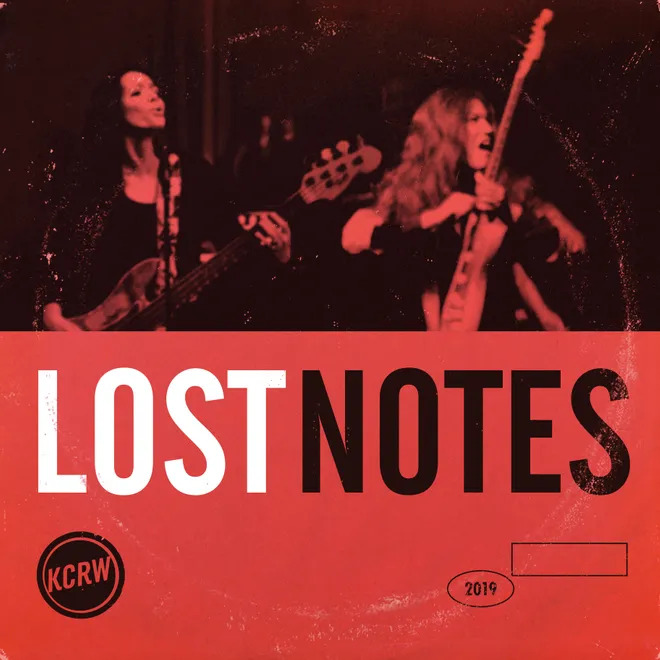KCRW’s Lost Notes (Season 2)
Audio excerpt from E4: A Castle On Top of a Hill (2:55)
Premiered on KCRW on 3 April 2019
Role: Producer, Story editor, Audio editor, Sound designer, Engineer/Mixer
Lost Notes is a podcast about music’s untold stories. For our second season, music journalist and author Jessica Hopper looked at artist legacies: How do they hold up? How do they change over time? Hopper selects stories that show how, decades on, a song can find new meaning, something different than when it was written. It explores what happens when we apply the politics of 2019 to the songs of 1974. And it foregrounds the voices of pioneering women who have been written out of music history. Senior Producer: Myke Dodge Weiskopf. Creator/Executive Producer: Nick White.
LISTEN:
TRAILER: Season 2 is Coming Soon. An introduction to Season Two.
E1: Teenage Offenders: Reckoning with a Punk Past. By Rob Rosenthal. The Freeze were an early American punk band. Now, 40 years later, two members reckon with the lyrics they wrote as teenagers.
E2: To Chan Marshall: A Letter to Cat Power. By Hanif Abdurraqib. Poet and author Hanif Abdurraqib’s letter to Cat Power about how her album The Greatest worked its way into his life.
E3: Sonic Sculptor: Suzanne Ciani. By Kaitlyn Aurelia Smith and Leticia Trandafir. Synth pioneer Suzanne Ciani used an esoteric instrument to design some of the most well-known commercial sounds of the 20th century.
E4: A Castle On Top of A Hill: The True Story of Fanny. By Dylan Tupper Rupert. The rock band Fanny ruled the Sunset Strip in the 1970s, and they were supposed to be the next big thing. They explain the price women pay for being ahead of their time.
E5: Living with John Fahey, aka A Room Full of Flowers. By Carla Green. John Fahey’s guitar playing influenced the sound of the American underground for generations. But how does that legacy change when you hear from three of the women who knew him best?
E5 BONUS: More on John Fahey and Legacy. As a supplement to our episode on John Fahey, we share a conversation between Jessica Hopper and Carla Green about artist legacies in the era of cancel culture and #MeToo.
E6: Imagining Billy Tipton. By Allyson McCabe. Jazz pianist Billy Tipton has been celebrated by some as a trans pioneer – but his story resists an easy telling.
E7: Beyond Disco: Nermin Niazi and Feisal Mosleh. By Arshia Fatima Haq. In the early ‘80s, two teenage siblings in London recorded an album that fused Pakistani pop and British New Wave. It became a perfect synthesis of the two worlds they lived in. This is the story behind their lost masterpiece.
E8: Song of a Gun. By Jessica Hopper. As long as there have been guns, there have been songs about guns. But American culture’s relationship with guns is changing. Does popular music reflect that? We take a look at the history of music’s relationships with guns, and gun control activism, to find out.
BONUS: Power to the People. By Peter Gilstrap. Fifty years ago, an unlikely musical group evolved out of the Oakland chapter of the Black Panther Party. They were called The Lumpen. And although they quickly gained a following for their airtight funk, they were meant to be much more than mere entertainment. Peter Gilstrap reports on the rise and fall of an unlikely R&B group born out of social upheaval.
BONUS: Teenagers Surfing on the Wave of the Apocalypse. By Erica Heilman and Sara Brooke Curtis. The second of two bonus episodes for the summer. This one is about New York’s teenage new-wave band, The Student Teachers.
